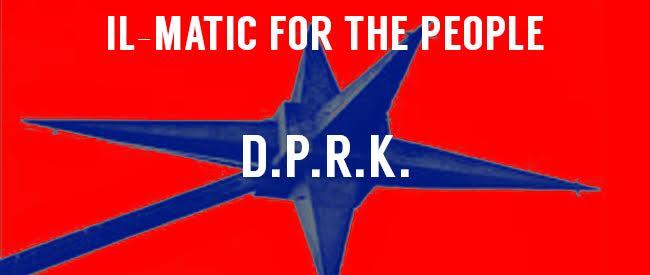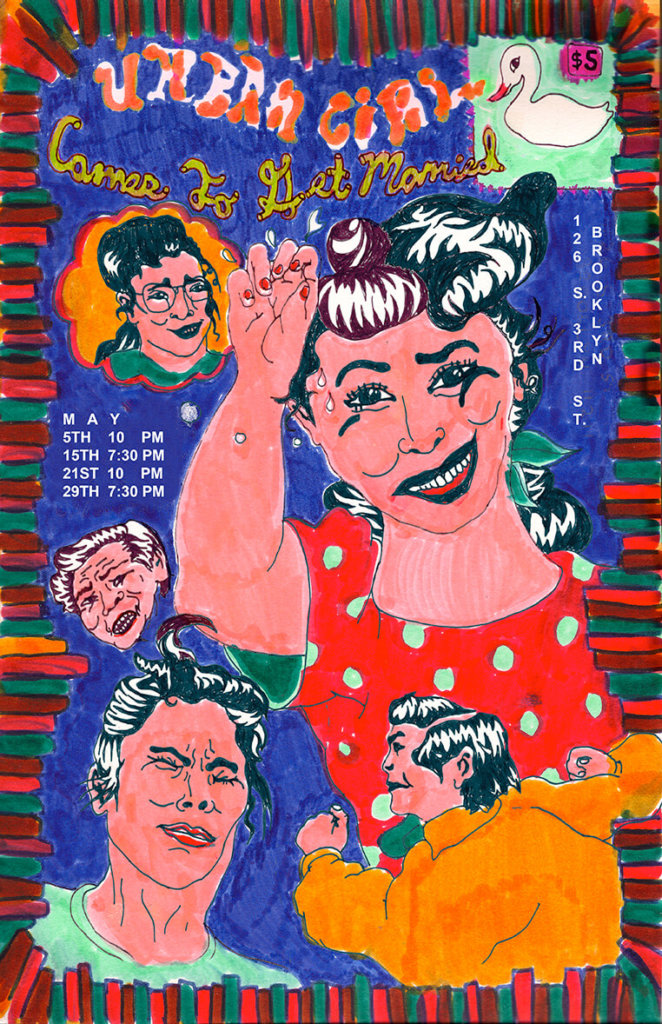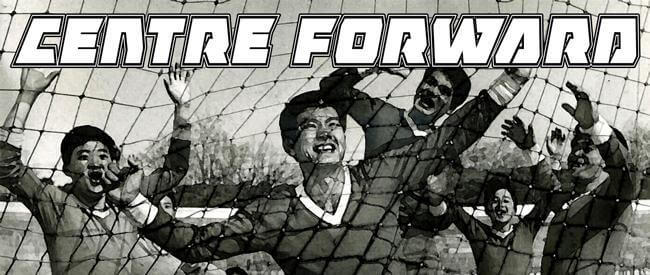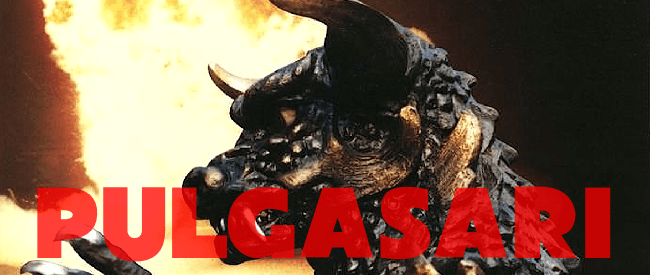
As a gesture of goodwill towards our new Axis of Evil partners, Spectacle will be screening a handful of works from North Korea’s towering cinema canon.
North Korea’s late Kim Jong-Il was, by all accounts, a legendary cinephile who aimed to surpass the technical and artistic standards of Moscow. The films produced under his leadership engage directly with the concept of juche, a particularly North Korean form of Marxism-Leninism generally revolving around the idea of total, homegrown self-reliance; in the senior Kim Il Sung’s words: “having the attitude of master toward revolution and construction in one’s own country…using your own brains, believing your own strength and displaying the revolutionary spirit of self-reliance, and thus solving your own problems for yourself on your own responsibility under all circumstances.”
Initially working as department director of propaganda and agitation, the young Kim Jong Il instituted wide-sweeping reforms in the North Korean film industry, mandating that artists avoid both art-for-art’s sake on one extreme and stiff, dogmatic films that neglect form and artistry on the other. He then actively encouraged people to emulate the heroes from films: “Day after day, leading characters in the works of art become real in each factory and each workshop,” he wrote.
Being at once proudly insular and aspiring to the artistic achievements of great Russian filmmakers and the magic of Hollywood, North Korean film is singularly baffling, enrapturing, inspiring and unsettling.
CENTRE FORWARD
Dir. Pak Chong Song, 1978
North Korea, 77 min.
In Korean with English subtitles
MONDAY, MAY 7 – 7:30 PM
THURSDAY, MAY 17 – 10 PM
FRIDAY, MAY 25 – 7:30 PM
THURSDAY, MAY 31 – 7:30 PM
ONLINE TICKETS HERE
“Oh, we are sportspersons of the Leader!” In CENTRE FORWARD, the DPRK’s first soccer movie, overzealous benchwarmer In Son botches his first match for the previously-undefeated Taesongan team. Their shameful loss is followed by a harrowing post-game self-recrimination session in which various team members take turns chastising themselves for In Son’s incompetence. Ultimately, the coach blames his team’s complacency and, remembering that “the Father Leader taught us to make this country a great Kingdom of Sports,” decides to “break from the old training program” in favor of a more merciless regimen. The players become resentful and lazy, drinking beer instead of training, while the party functionary Vice-Chairman implores the coach to go easier on them. Only In Son, inspired by his sister’s relentless dedication to the practice of dancing for “the collective spirit”, pushes himself to master the new program and his own self-doubt, recognizing that “when we beat the foreign teams, the entire Nation will share the joy.” But as the final game winds down with the unpromising score of 0-2, will this humble underdog get the chance to redeem himself – and the entire nation?
PULGASARI
aka Bulgasari
Dir. Sang-ok Shin, 1985
North Korea, 95 min.
In Korean with English subtitles
SATURDAY, MAY 5 – MIDNIGHT
WEDNESDAY, MAY 9 – 7:30 PM
FRIDAY, MAY 18 – 7:30 PM
WEDNESDAY, MAY 23 – 10 PM
MONDAY, MAY 28 – 7:30 PM
ONLINE TICKETS HERE
Over the span of 20 years, Sang-ok Shin – sometimes called “the Orson Wells of South Korea” – made upwards of 60 films but all that changed in 1978 when the studio closed. Things would go from bad to worse when in what should be an unbelievable turn of events, Shin and his wife (actress Choi Eun-Hee) were kidnapped by Kim Jong-il. Kim’s intent was to have Shin create films showcasing the power and might of the Korea Workers Party for all the world to see, with Choi Eun-Hee as their star. Before their escape to Vienna in 1986, and after years in prison camps, they would make 7 films – PULGASARI being a crown jewel among them.
While seemingly an obvious Godzilla rip-off, the film is about an evil king in feudal Korea who learns of a coming peasant rebellion. The king gathers all the metal he can find – farming tools, cooking pots, etc – to make into weapons to squash the small army. A dying blacksmith uses the last of his strength to create a monster made of rice – Pulgasari. When his daughters blood hits it, the monster comes to life and traverses the countryside, eating iron – as monsters are wont to do.
Not seen outside of Korea for over a decade after its release, the film has gained a cult following for its special effects – with Kenpachiro Satsuma who was Godzilla for over a decade in the Pulgasari costume!

URBAN GIRL COMES TO GET MARRIED
Dir. by Kim Il-Sung University students, 1993
North Korea, 73 min.
In Korean with English subtitles
SATURDAY, MAY 5 – 10:00 PM
TUESDAY, MAY 15 – 7:30 PM
MONDAY, MAY 21 – 10 PM
TUESDAY, MAY 29 – 7:30 PM
ONLINE TICKETS HERE
In URBAN GIRL COMES TO GET MARRIED, Ri Hyang, the best fabric cutter at an urban clothing factory, joins her all-female coworkers on a trip to the countryside as part of a “Peasant-Worker Alliance” program, where they “must work as demanded by Juche farming method”. Amid montages of joyous rice planting and flowing grain, Ri Hyang encounters the visionary young man behind the collective farm’s duck breeding project, Song Sik. She turns up her nose at first, but his commitment to the fatherly leader’s agricultural innovation protocol and rock ‘n roll drumming skills begin to win her over. When he tells her, “It’s time to feed duck dung to the gas furnace,” she says, “I can help you.” Together, they realize that this duck dung is just the beginning, for it will “contribute to agricultural development,” including “mechanization and chemicalization”.
Featuring a musical interlude where the principal characters perform the film’s titular theme song for assembled workers and peasants, URBAN GIRL COMES TO GET MARRIED claims that “a modern farm village is good to live in,” encouraging the best and brightest young urban women to marry men in the countryside so they can apply their worldly intelligence to the execution of “socialist rural theses”.




